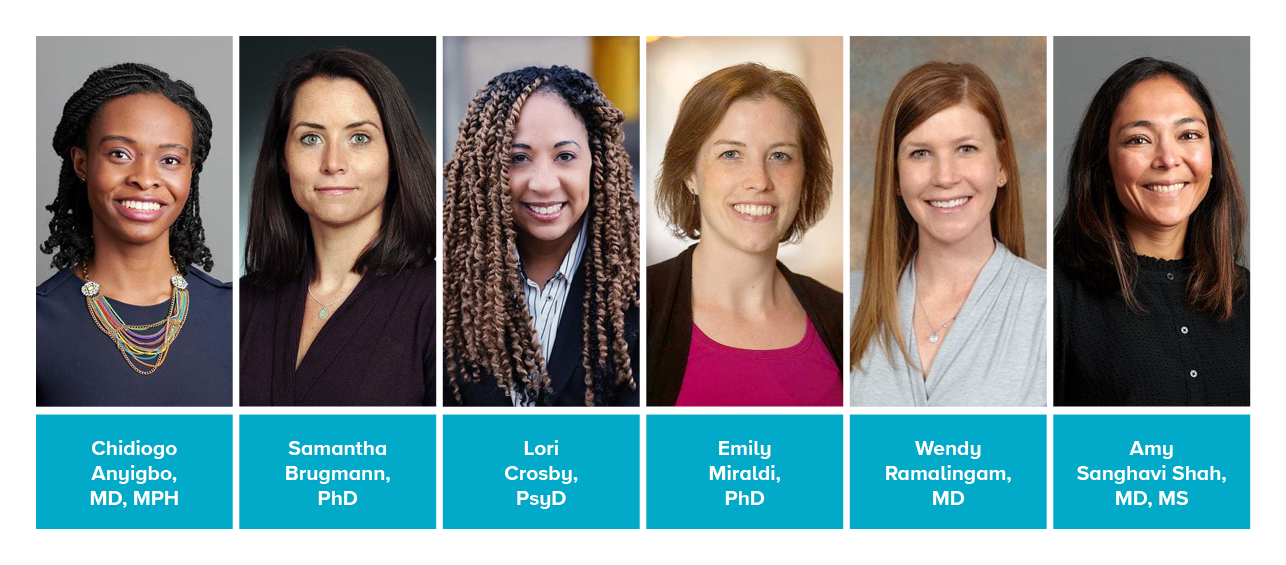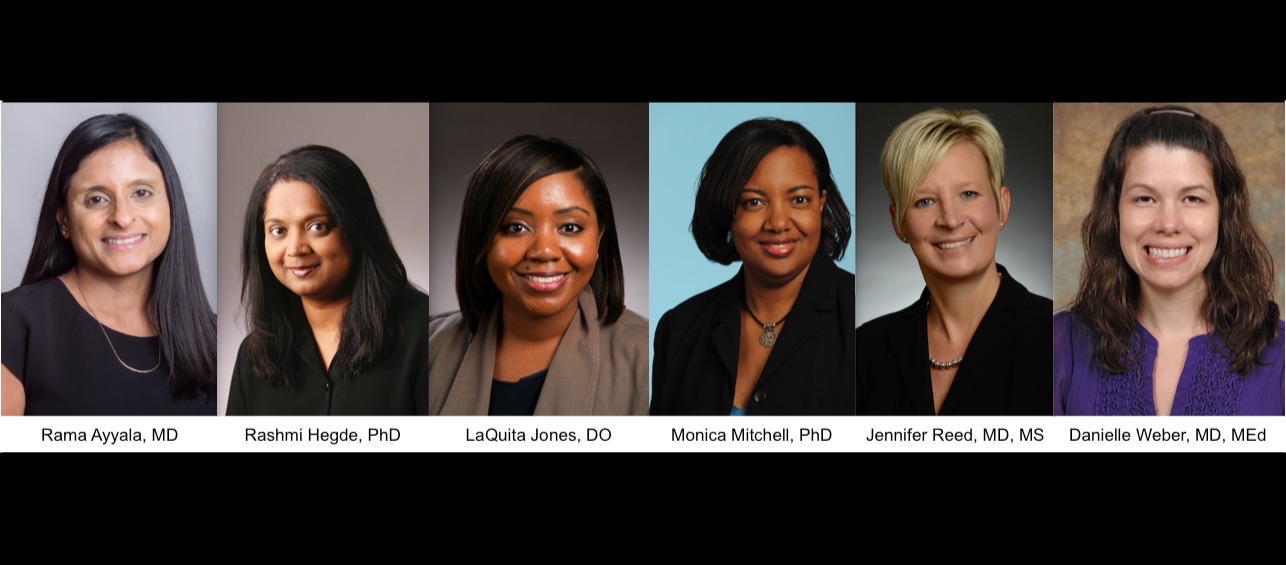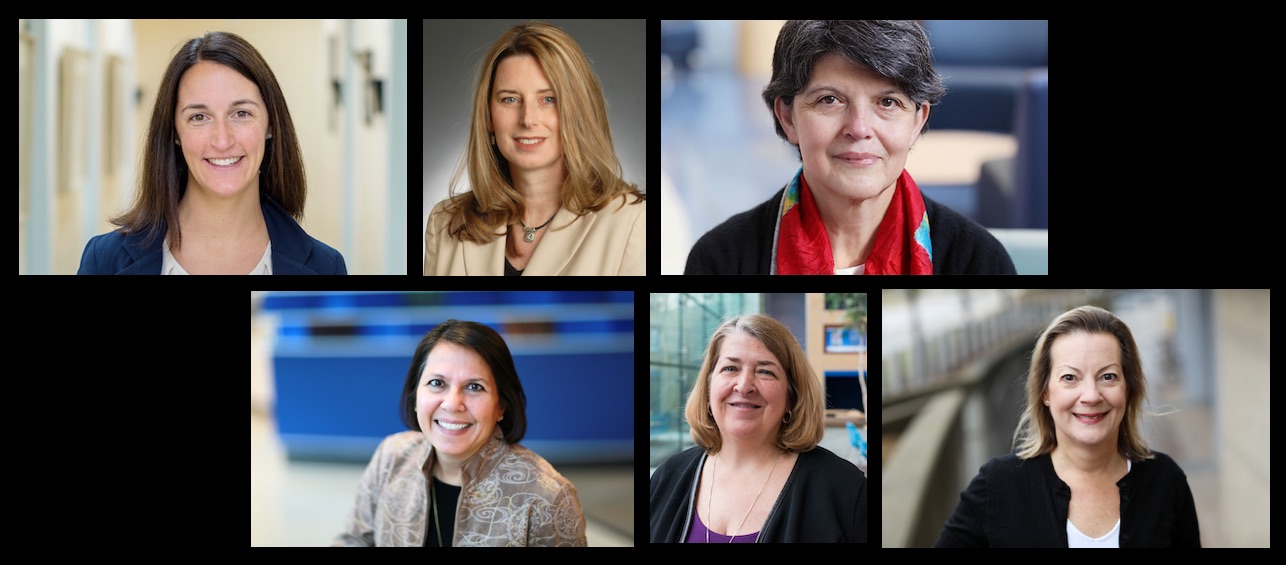You may know Cincinnati Children’s as a top health system for patient care. What some people don’t realize is that Cincinnati Children’s is also an academic medical center. This means that along with providing patient care, we are also responsible for educating healthcare providers and conducting scientific research that is critical to advancing medical care.
Throughout history, researchers at academic medical centers have made many medical breakthroughs. The support they receive in their careers allows them to seek answers to questions that can lead to significant discoveries, improvements in treatments, and life-changing developments.
In honor of International Day of Women and Girls in Science, celebrated on February 11 each year, we point the spotlight on some of our very own women in science. These women, and many more, do vital work that contributes to providing the best possible, innovative care for our patients.
We are grateful for their commitment to their work, and hope it inspires other women and girls to explore the sciences.

Chidiogo Anyigbo, MD, MPH
Primary Care Pediatric Physician, Division of General and Community Pediatrics
In addition to caring for patients, Dr. Anyigbo conducts research that focuses on infant mental health. Her studies address the barriers that limit a caregiver’s ability to provide safe, stable, and nurturing relationships critical for their child’s development. Her goal is to find collaborative solutions that work for both families and the community. She also works to reduce negative childhood experiences, and improve shared decision-making between families and healthcare providers. As a translational health services researcher, she hopes her work will inform policy change.
“What happens in childhood does not stay in childhood; it sets a foundation for the rest of one’s life. Partnering with caregivers to build strong children is critical for the future of our society.”
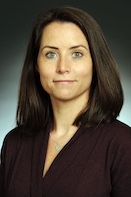
Samantha Brugmann, PhD
Developmental Biologist, Division of Developmental Biology, and Member of the Division of Plastic Surgery
Associate Director, Division of Developmental Biology
Co-Director, Molecular and Developmental Biology Graduate Program
Dr. Brugmann is in developmental biology, the science that studies how an organism develops—how a single cell becomes an organized grouping of cells and tissues. Her work focuses on craniofacial disease, specifically those that impact the development of the bones of the skull and face, which make up one-third of all birth defects. The long-term goal of her research is to help children with craniofacial conditions by generating skeletal tissue for use in surgical repairs. Dr. Brugmann’s lab made a discovery that has allowed for experimentation that could lead to new treatment options for children with rare conditions such as orofacial-digital-syndrome (OFD).
“Your face is the first thing people see. Children with craniofacial differences often struggle to communicate and are frequently misunderstood or judged by their physical appearance. The goal of our research is to alleviate these difficulties.”
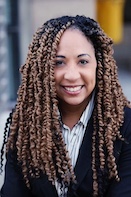
Lori Crosby, PsyD
Psychologist, Division of Behavioral Medicine and Clinical Psychology
Co-Director, Innovations in Community Research, Division of Behavioral Medicine and Clinical Psychology
Director, Center for Clinical and Translational Science and Training (CCTST) Community Engagement Core
Dr. Crosby is both a clinical psychologist and researcher. As a provider, she treats children and teens with conditions such as chronic pain and sickle cell disease. As a researcher, she strives to improve the health of youth and adults with sickle cell disease by partnering with individuals, their families and the medical team. Her research lab has several projects underway that are focused on improving the health of the local community, with a specific focus on communities of color and individuals from marginalized groups.
“I was inspired to work with youth after I lost a childhood friend to cancer. I chose to do research because I wanted to help as many children and families as I could.”
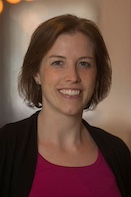
Emily Miraldi, PhD
Researcher, the Divisions of Immunobiology and Biomedical Informatics
Research in Dr. Miraldi’s lab centers around immunobiology, which is a branch of biology that study’s the body’s immune response to disease. Her research relies heavily on computational biology, which uses computer science, statistics and mathematics to help solve problems. Her goal is to learn how immune cells sense and respond to their environment in both health and disease. She aims to use her work to learn insights into the function of immune cells that may lead to new therapies related to the autoimmune system, infectious disease and cancer.
“I love the exploratory nature of research, working on the frontiers of biological measurement, mathematical modeling and inference, to discover disease mechanisms. I am inspired by my students and collaborators. Together, we test the potential of systems biology to advance human health.”
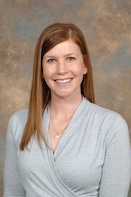
Wendy Ramalingam, MD
Pediatric Orthopaedic Surgeon, Division of Orthopaedic Surgery
Co-Director, Limb Lengthening and Reconstruction Center
Dr. Ramalingam performs research focused on improving outcomes in pediatric orthopaedic trauma surgery and deformity correction. She also leads clinical trials to improve care for certain types of bone fractures and participates in multicenter research for orthopaedic trauma and infections. As a surgeon, she cares for children and teens with a variety of orthopaedic issues, treating trauma, leg length differences, limb deformity, infections, fractures, and skeletal dysplasia. Dr. Ramalingam loves teaching residents and students and actively encourages young women to join the field of orthopaedic surgery through the Perry Initiative and mentoring high school and college students.
“Pediatric orthopaedic surgery combines my love of biomechanics, surgery and taking care of children. Kids really are the best patients. It is so rewarding to help kids feel better after an injury and improve their quality of life.”
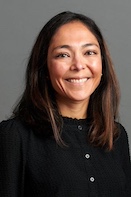
Amy Sanghavi Shah, MD, MS
Pediatric Endocrinologist, Division of Endocrinology
Director, Adolescent Type 2 Diabetes Program
Dr. Shah’s career is focused on the complications of chronic diseases that begin in childhood. Her interest in pediatric medicine began with the idea that diseases can be prevented and managed in childhood to avoid complications as adults. Her current research explores the impact of childhood onset diabetes and its long-term health consequences. She also works with a team to discover the best medical and surgical treatments for youth with type 2 diabetes. Dr. Shah’s hope is to understand how to prevent type 2 diabetes in adolescents and reduce health problems in the future.
“My patients and their families are the reason I come to work. My goal is to improve the lives of children and teens burdened by childhood onset type 2 diabetes.”

